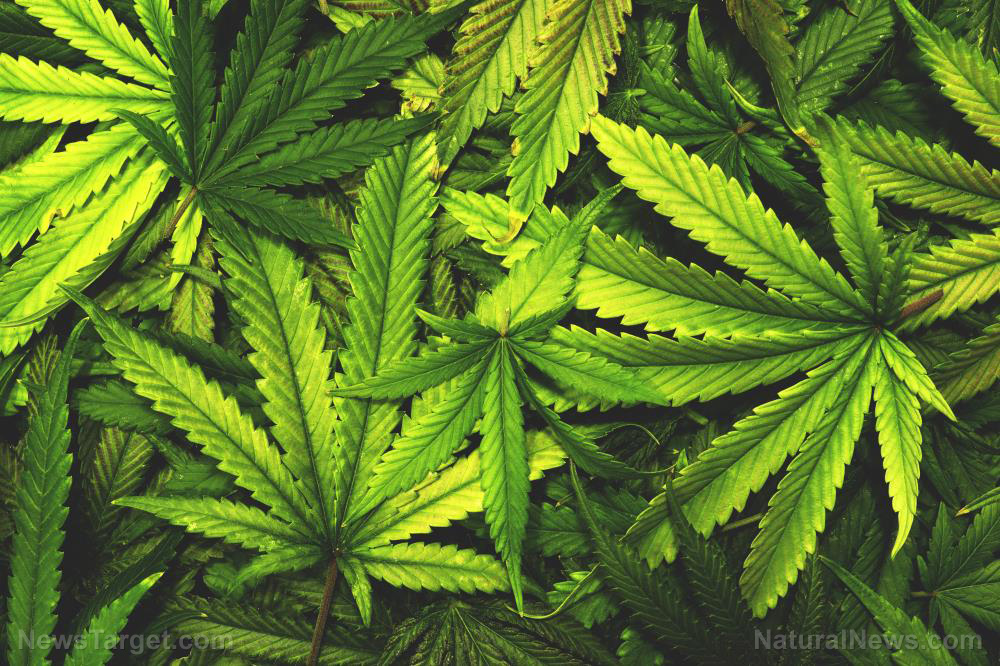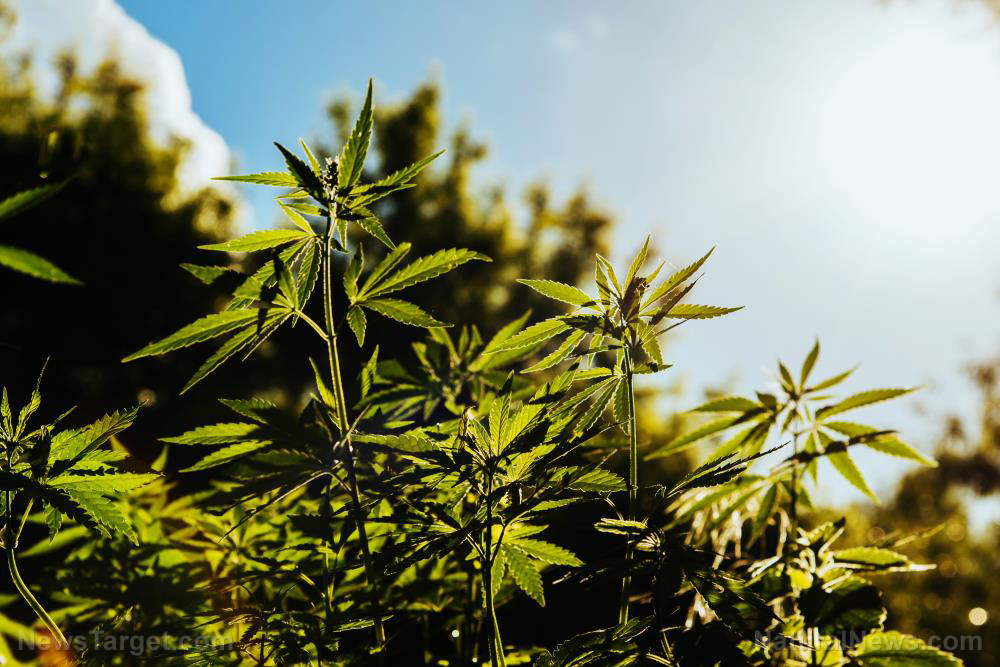
Dravet syndrome is a very rare condition caused by a genetic mutation. Afflicted children often experience multiple, prolonged seizures that can cause brain damage on a regular basis -- and currently, there is no treatment for it. Often described as a severe form of epilepsy, the condition can be life-threatening. Study author Dr. Orrin Devinsky, who is also the director of the New York University Comprehensive Epilepsy Center reportedly told NBC News, "It's hard to portray how serious and devastating this is."
To conduct their research, Dr. Devinsky and his team treated 120 children with Dravet syndrome with cannabidiol (CBD) or a placebo. In the study, half of the children were given a CBD supplement, while the remainder were given the placebo.
The researchers found that the CBD group exhibited a staggering 39 percent reduction in seizure frequency -- and five percent of the patients stopped having seizures altogether. As the team explained in their research, which was published in the New England Journal of Medicine, patients in the trial who took CBD went from having an average of 12 seizures per month to about six.
"Quite remarkably, 5 percent of the children in the active treatment group with CBD were completely seizure free during the 14 weeks of the trial," Devinsky noted.
"And these were kids who were often having dozens of seizures, if not many more than that per week," he added.
In the study, children taking the CBD supplement were more likely to drop out due to adverse side effects, however, those side effects were generally very mild such as fever, vomiting, and fatigue. However, it is worth noting that the CBD given to these children was a single-molecule formulation created by GW Pharmaceuticals. The pharma company is hoping to have their product approved by the FDA.
"The drug we gave was derived from cannabis or marijuana but it really should not be confused with the medical marijuana that would be obtained from dispensaries in the 44 U.S. states that have approved it. Those typically contain combinations of THC with CBD and many other compounds," Dr. Devinsky explained.
What is interesting about this aspect of the study is that past research has shown that whole-plant CBD supplements are more therapeutic than their single-molecule counterparts. A study led by researchers from the Hebrew University of Jerusalem, found that single-molecule CBD medicine has a "bell-shaped dose-response curve," which means that there is a narrow window of efficacy for single-molecule CBD.
When analyzing the effects of a whole-plant extract, which was made from a plant the team referred to as "Clone 202," the team found that there was no such bell curve. The researchers state that the whole-plant CBD product "provided a clear correlation between the anti-inflammatory and anti-nociceptive responses and the dose, with increasing responses upon increasing doses, which makes this plant medicine ideal for clinical uses.”
These findings suggest that a CBD product made from the whole plant, which would contain many other beneficial compounds, is superior to a single-molecule CBD extract. The research team posited that this is likely because CBD acts in synergy with the other components of the cannabis plant. Furthermore, the team also found that a smaller amount of whole-plant CBD was needed to produce therapeutic effects when compared to the single-molecule product. In other words, not only was it more effective -- it was more effective even in smaller doses.
These findings give cause to question whether or not synthetic single-molecule formulations are really the best option for patients looking to try CBD. While the evidence presented by Dr. Devinsky and his team is quite promising and exciting, one might wonder how much more impressive the results could have been, if a whole-plant CBD extract had been used instead of a pharmaceutical single-molecule alternative.
Sources:
Please contact us for more information.























